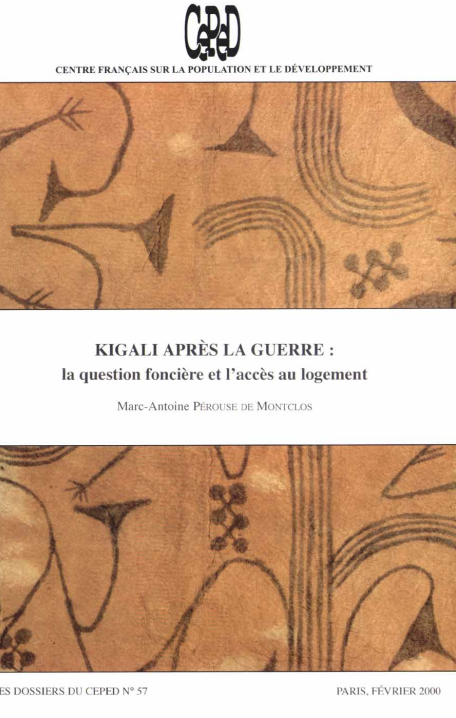Policies, legislation and organizations related to water in South Africa, with special reference to the Olifants River Basin
The study is reported in two Working Papers. Working Paper 17 reports the findings of the HIM exercise. This paper contains the policies, legislation and organizations relevant for understanding of the HIM for the Olifants river basin. It also includes the historical development of the institutional framework in the basin, as this history has left a profound imprint on the South African society at large and is still dictating, in many cases, the interactions between the different organizations.






